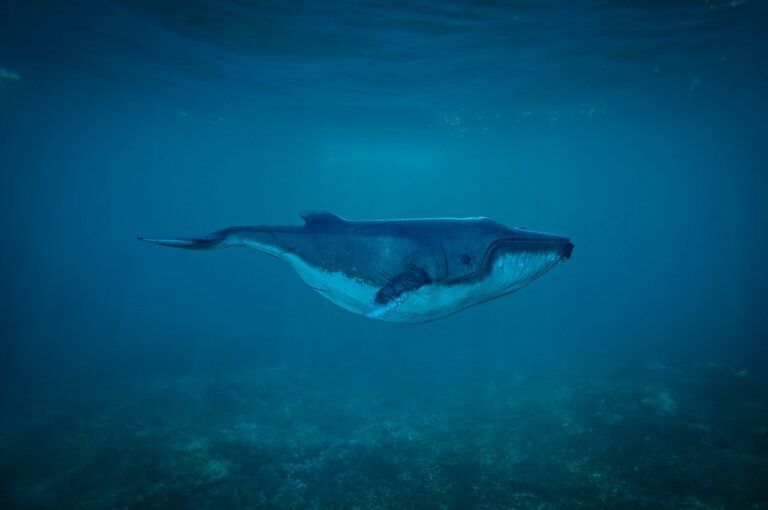Large cryptocurrency holders, colloquially known as whales, have accumulated nearly 47,000 Bitcoins in the past day worth around $2.9 billion, according to data from on-chain analytics firm CryptoQuant.
The data, shared on the microblogging platform X (formerly known as Twitter) by the company’s founder and CEO Ki Young Ju, shows the balances of cryptocurrency whales last active over the past 24-hour period surged exponentially, with the CEO saying “we’re entering a new era” as a result.
The whale accumulation came after a recent price dip that saw Bitcoin’s pricep lunge from over $60,000 to a low just below the $57,000 mark before it quickly started recovering, with the cryptocurrency having surged more than 4.5% over the last 24 hours to now trade at $61,700.
As CryptoGlobe reported some institutions may be among those buying the dip, as BNP Paribas, the second-largest bank in Europe whose asset management arm has over $600 billion in assets under management, has gained exposure to the flagship cryptocurrency Bitcoin via a spot exchange-traded fund.
According to a recent 13F filing with the U.S. Securities and Exchange Commission (SEC) the bank has purchased shares of BlackRock’s iShares Bitcoin Trust (IBIT), as first reported by Bitcoin Magazine.
Large institutional investors managing over $100 million in assets have to, every quarter, disclose their holdings via 13F filings and after the successful launch of spot Bitcoin exchange-traded funds in the U.S., these filings have been closely watched by industry sleuths.
Notably, an executive at BlackRock has revealed sovereign wealth funds are showing interest in gaining exposure to Bitcoin through its iShares Bitcoin Trust (IBIT) ETF, and could start trading it over the next few months.
Such an investment would show a significantly different attitude towards digital assets. Foreign wealth funds like Kuwait’s Invstment Authority (KIA), the oldest sovereign wealth fund in the world, and Norway’s well-known $1.6 trillion wealth fund, could make ripples in the market with even conservative allocations.
Featured image via Pixabay.









